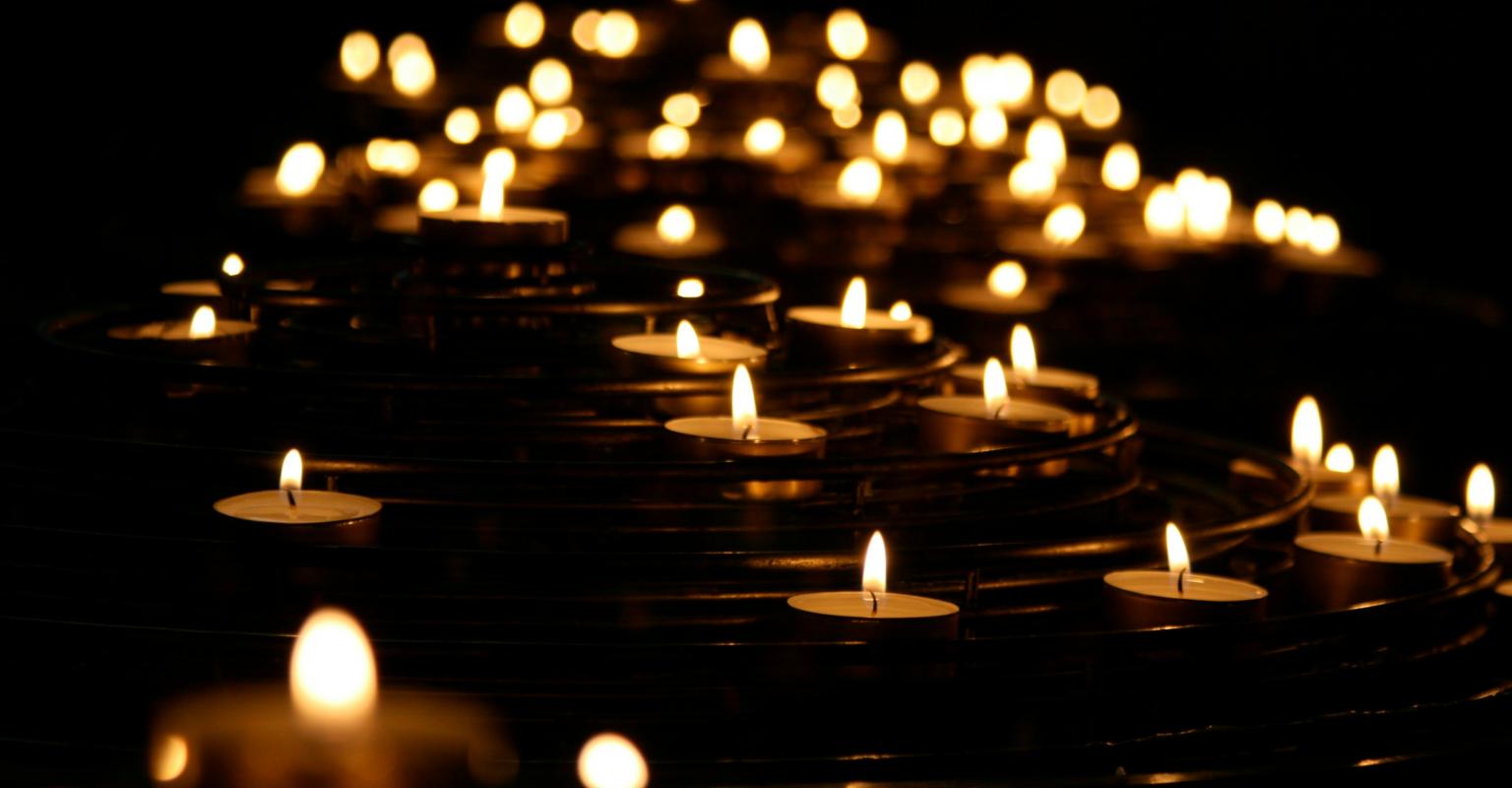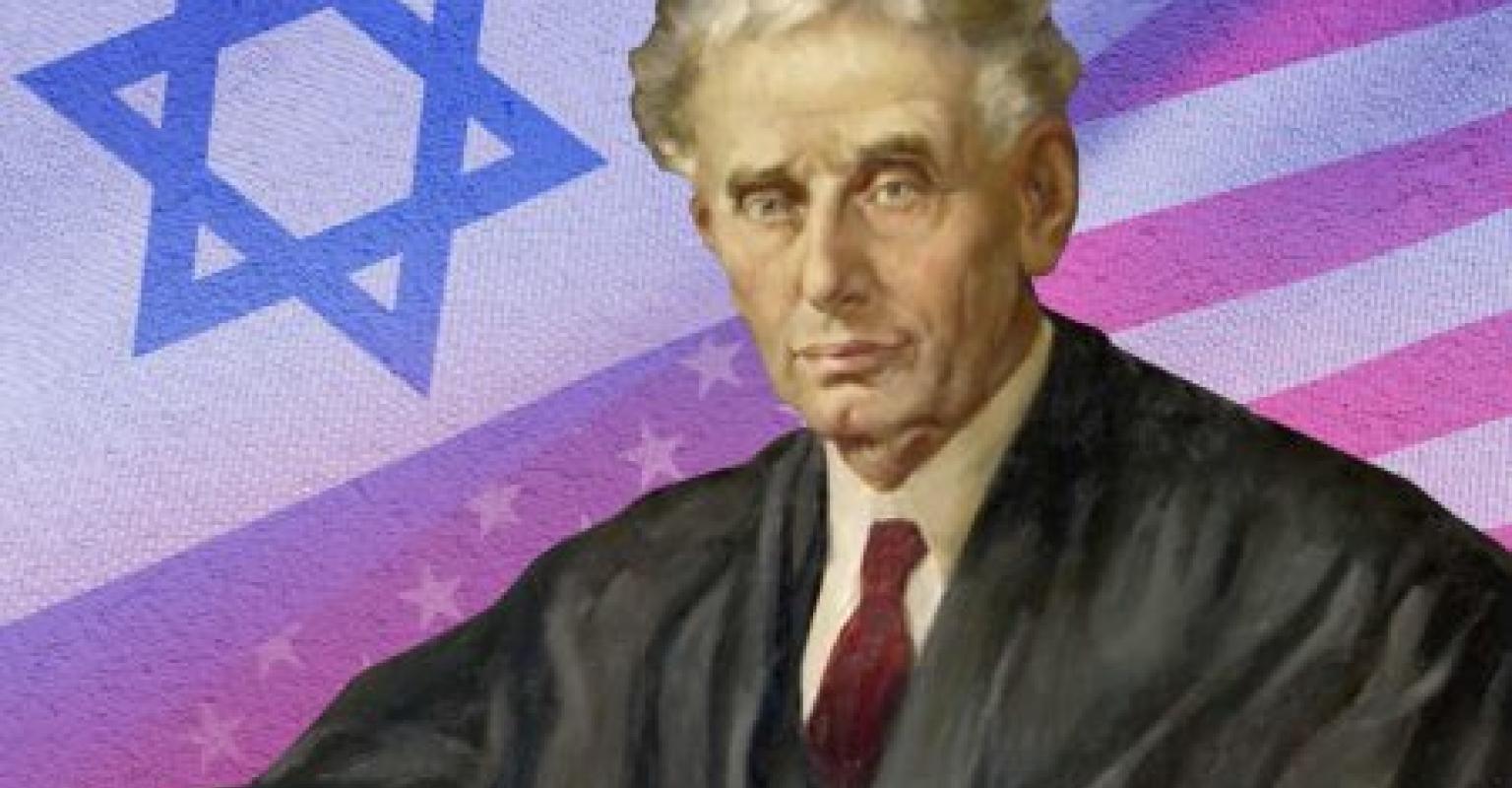The Persistence of Hate: What the Unite the Right Rally Revealed about Antisemitism
- Students will recognize the persistence of antisemitism and the ways that contemporary antisemitism is manifested in the United States today.
- Students will examine connections between antisemitism and racism in the United States today and in the past.
- Students will be able to discuss ways that they can play a role in creating inclusive, civil classrooms and communities.
This lesson is designed to help students better understand contemporary antisemitism in the United States through the case of the violence and turmoil in Charlottesville. Students will have the opportunity to investigate the historical roots of antisemitism and learn about how it has intertwined with white supremacy in United States history. Connecting history with the present day will help students understand the worldviews of various contemporary white nationalist groups who were present at the Unite the Right rally and remain active today.
- Civic Education
- Antisemitism
- Racial Justice
- Religion and State
- 6 - 7
- 8 - 12
- After School Programming
- Congregational Learning
- Day Schools and Yeshivas
- Teen Engagement
- Camp
Discover more

A collection of resources and on-demand webinars to help educators respond to Antisemitism in the world.
A resource library from Facing History and Ourselves

Learning of Theodor Herzl’s call for a Jewish state, Brandeis began to rally Jewish Americans around Zionism and support for Israel.
